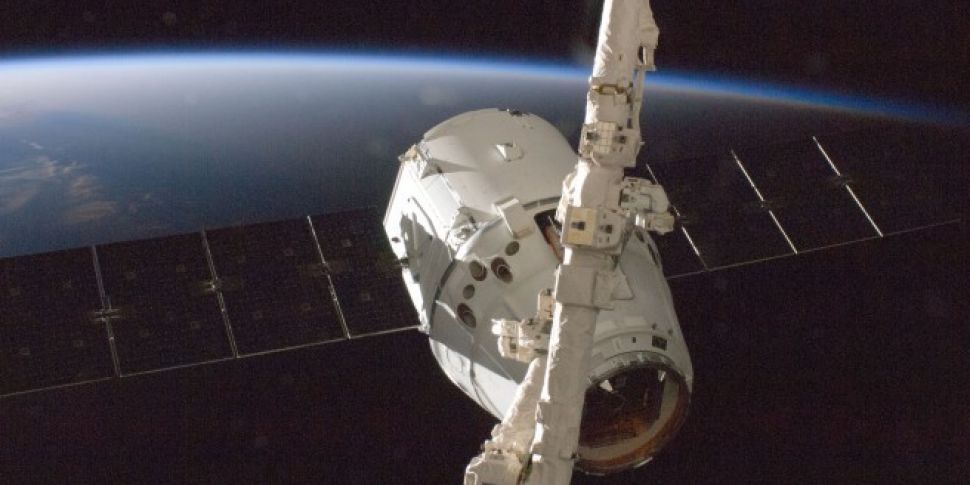The European Space Agency has given an Irish-based university team the go-ahead to develop the island's first satellite.
The Education Irish Research Satellite 1 (EIRSAT-1) is a joint collaboration between University College Dublin and Queen's University Belfast.
It is aiming to test a novel gamma-ray detector module and conduct an experiment with thermal coatings for spacecraft.

The ESA CubeSat Evaluation Panel at the team presentations. esa.int
Once the necessary tests and reviews are completed, the shoebox-sized CubeSat (a type of miniaturised satellite designed to conduct space research) will be launched from the International Space Station and orbit the planet for a year, controlled from a ground station at UCD.
Five companies (Resonate, ENBIO, SensL, Parameter Space and MOOG Dublin) will be providing help over the coming months.
The project was one of six CubeSat missions selected as part of the ESA's Fly Your Satellite programme.
Don't quite know how to say this, but WE'RE GOING TO BUILD A SATELLITE - #EIRSAT-1 selected by @esa for #FlyYourSatellite @ucdscience pic.twitter.com/riY2zYpTwj
— Lorraine Hanlon (@LorraineHanlon1) May 13, 2017
It follows news in April that three Irish companies - InnaLabs, Pilot Photonics and the aforementioned ENBIO - had won contracts with the ESA to develop satellite technology and communications system.
ENBIO secured €650,000 to develop and manufacture advanced surface coatings for Neosat, Europe's next generation satellite platform for mid-sized telecommunications missions.
InnaLabs won a €980,000 contract to develop a space qualified rate measurement unit for satellite attitude and orbit control subsystems.
Pilot Photonics secured €335,000 to develop laser communications subsystems.

Pexels
Minister of State for Training, Skills and Innovation John Halligan said:
“This is part of an ongoing rapid expansion of Irish companies engaging with the European Space Agency to develop and qualify technologies for the growing space market.
“A number of these technologies are also successfully being commercialised in a range of non-space applications including healthcare, automotive and aerospace.”









